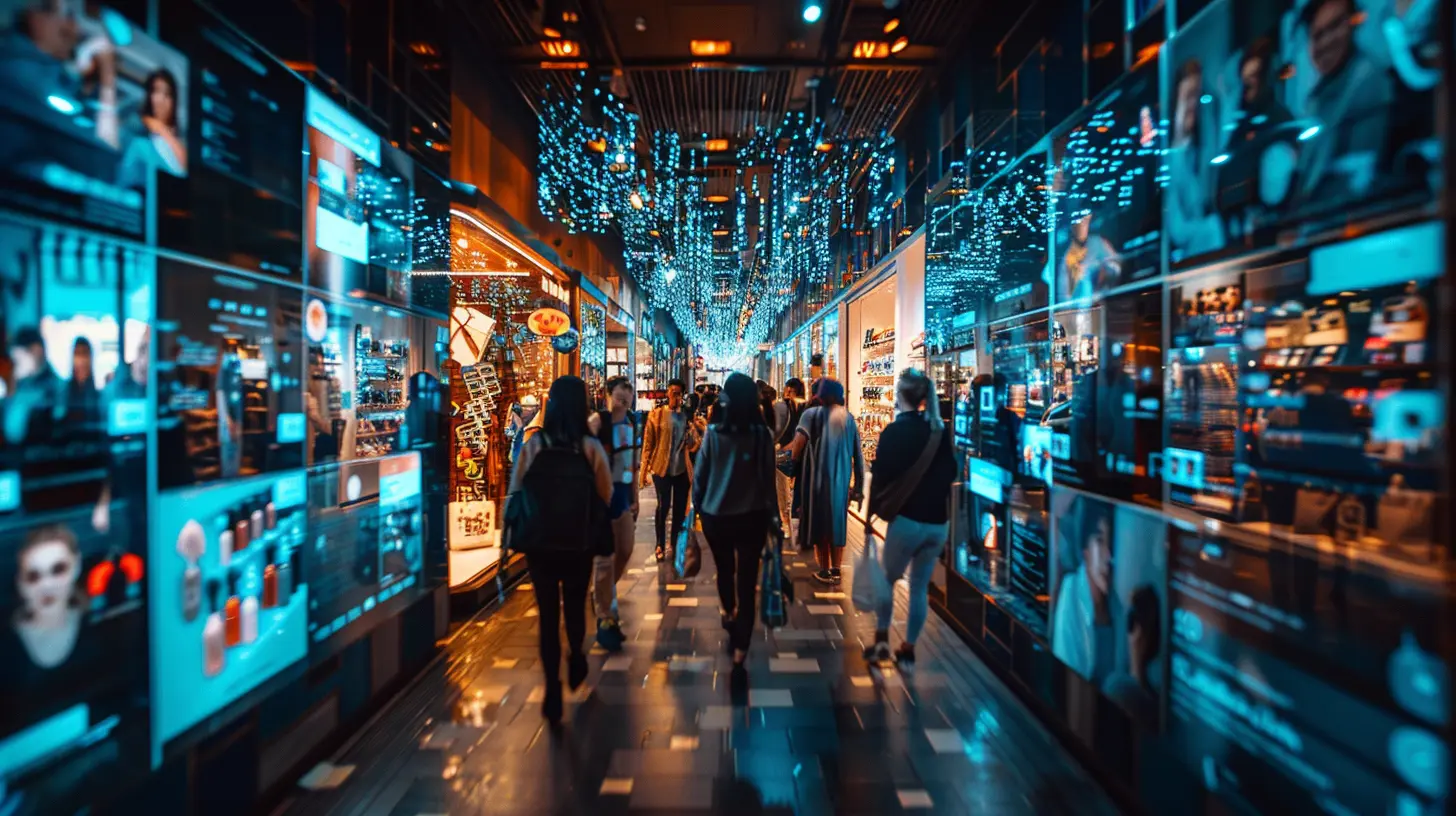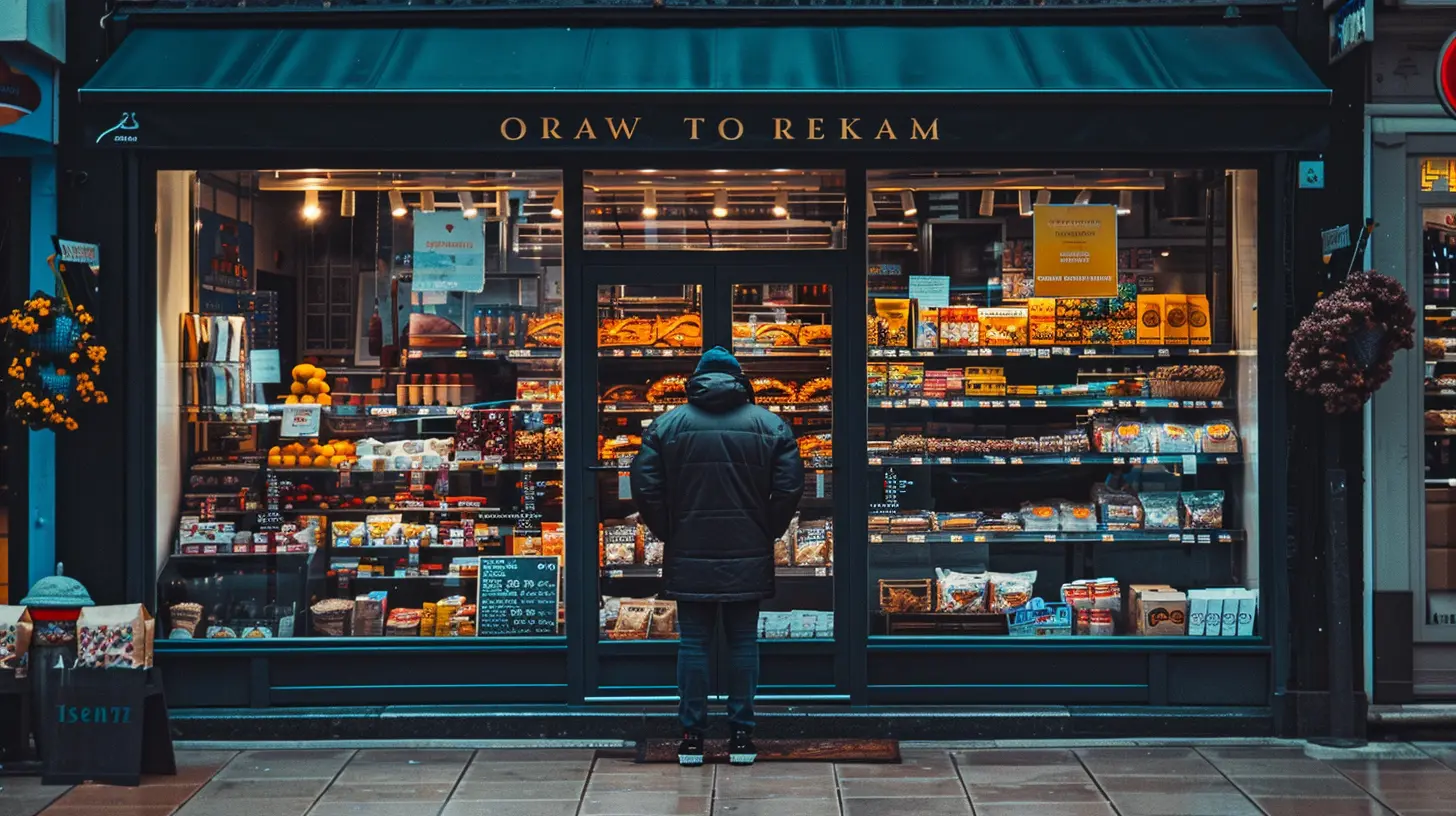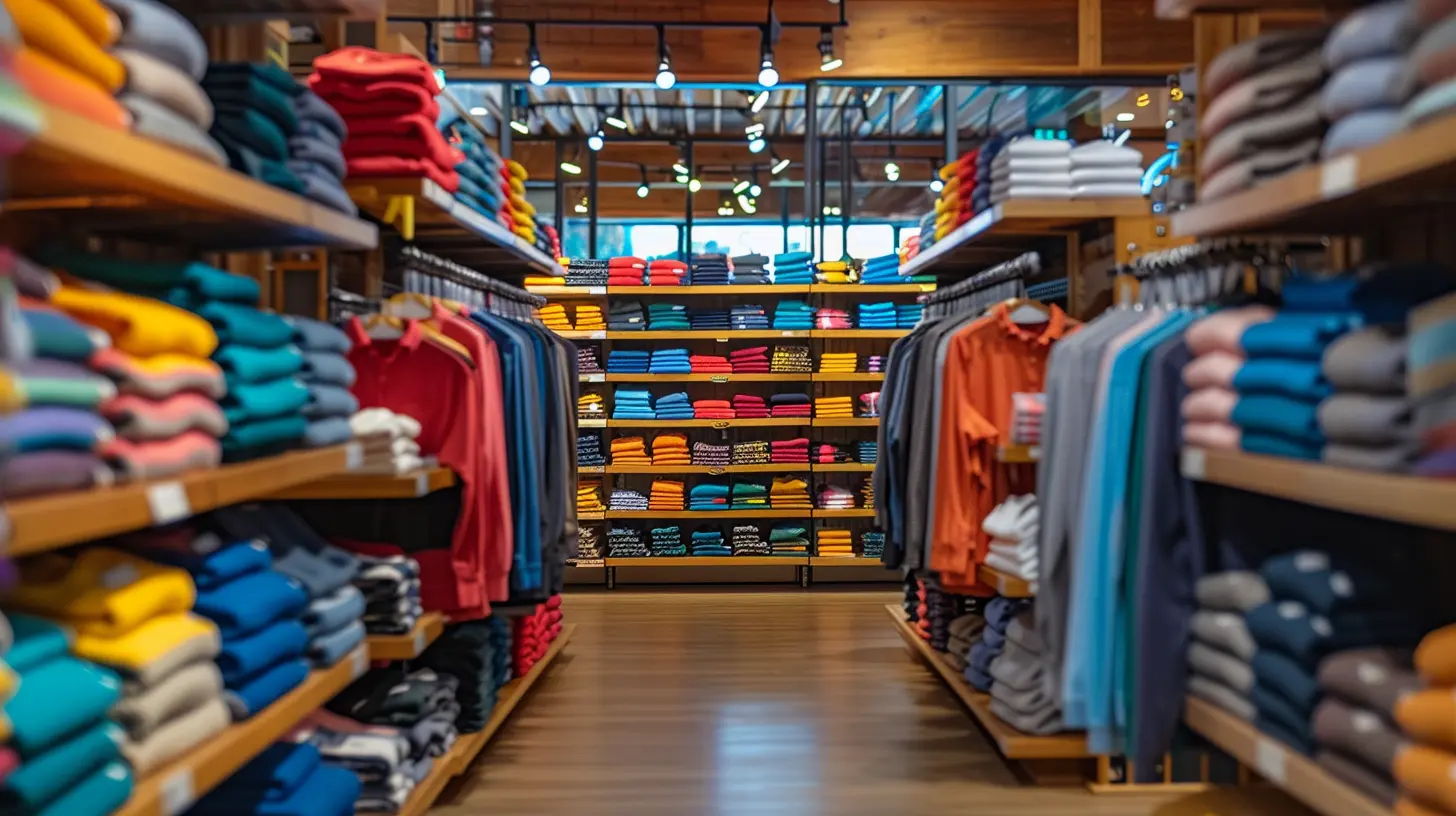How Direct-to-Consumer Brands Are Shaping the Future of Retail
26 June 2025
Let’s face it—retail ain't what it used to be. Gone are the days when big-box retailers ruled the world and shoppers navigated crowded aisles to find the perfect products. Today, the power has shifted right into the hands of consumers, and leading the charge? Direct-to-consumer (DTC) brands.
We're talking about brands that skip the middleman, connect directly with customers, and rewrite the rules of the retail game. If you're wondering how DTC brands are shaping the future of retail, you've come to the right place. Grab a cup of coffee (or your favorite beverage), and let's dig into how these modern trailblazers are turning retail on its head.
What Is a Direct-to-Consumer (DTC) Brand, Anyway?
Before we dive into all the juicy details, let's quickly clarify what a DTC brand is.In plain English? A DTC brand sells its products straight to the customer—no middlemen, no wholesalers, no department stores. Think Warby Parker, Glossier, Casper, Allbirds, and Dollar Shave Club. These brands built their businesses online, connected with customers through social media, and sold their stuff directly through their websites or unique brick-and-mortar experiences.
Pretty simple, right? But the effects? Massive.
Why DTC Brands Are Gaining So Much Traction
Ever wonder why everyone's suddenly buying sustainable sneakers from a minimalist website or getting razors shipped like clockwork? Yep, it’s the DTC effect.1. DTC Brands Build Stronger Customer Relationships
Unlike traditional retailers, where the actual brand might never get to know the end-user, DTC companies are all about forging real connections. They listen to customer feedback, slide into your DMs with personalized support, and craft an experience that feels more like a friend helping you shop than a faceless corporation.That level of intimacy builds loyalty—and loyalty builds growth.
2. They Own Their Data (And Use It Well)
Here’s the kicker: when you cut out the middleman, you gain direct access to all that sweet, sweet data. DTC brands know what you clicked on, what you added to your cart, and what made you bounce.And they don’t just collect the data—they use it. From customizing your email recommendations to improving product design, DTCs are always one step ahead because they understand their customers better than anyone else.
3. They’re Agile and Faster to Adapt
Picture a traditional retail chain trying to launch a new product. There’s a drawn-out process, board meetings, focus groups, and a bunch of bureaucratic red tape.Now picture a DTC brand. They post an Instagram Story, ask followers if they'd buy a new flavor or color, get immediate feedback, and roll it out within weeks. The difference? Speed and flexibility.
The Digital-First DNA of DTC Brands
You can’t talk about DTC without spotlighting its digital core. These brands are built for the modern shopper.Social Media as a Launchpad
One viral TikTok or well-placed influencer shout-out can put a DTC brand on the map overnight. Social media allows DTCs to build trust, demonstrate authenticity, and go straight to where the customers are hanging out—Instagram, YouTube, Pinterest, and even Reddit.They don't just sell—they tell a story. Whether it's a behind-the-scenes look at product development or a day in the life of the founder, content is king, and engagement is the currency.
Content Marketing That Actually Adds Value
DTC brands know you’re smart. They don’t just bombard you with ads—they create content that educates, entertains, or solves a problem.For example, a skincare brand might create blog posts about acne care routines or videos debunking myths. This value-first approach turns casual visitors into loyal fans.
Personalization Is Everything
Ever get an email that feels like it was written just for you? DTC brands live and breathe personalization. From tailored product recommendations to birthday discounts, they make you feel like more than just another order number.And guess what? That kind of attention keeps customers coming back for more.
The Subscription Model: A DTC Game-Changer
Need coffee delivered every two weeks? How about socks or pet food? The subscription model isn't new, but DTC brands mastered the art of making it feel fresh and convenient. It's predictable revenue for the brand and a frictionless experience for the consumer.Bonus: Subscription services also open the door for more curated experiences. The brand gets to know your preferences over time and refine what they send. It's like dating... but with toothpaste and vitamins.
Brick-and-Mortar Isn't Dead—It’s Reinvented
You might be thinking, “Wait, don’t DTC brands live online?” Mostly, yes. But many of them are opening physical stores that feel more like immersive brand experiences than traditional retail shops.Take Glossier’s NYC flagship store—it’s part Instagram museum, part boutique, and completely on-brand. These locations aren’t just about sales; they’re about building community, increasing brand awareness, and giving customers a tactile taste of the product.
How DTC Brands Are Forcing Traditional Retail to Evolve
Traditional retailers are watching closely—and, frankly, playing catch-up.Big retailers and legacy brands are now trying to replicate the DTC magic. They're launching their own DTC lines, investing in better online shopping experiences, and even acquiring DTC companies (hello, Unilever buying Dollar Shave Club).
Why? Because consumer expectations have changed. People want seamless checkouts, fast shipping, smart recommendations, and responsive customer service. And thanks to the DTC movement, anything less feels outdated.
Sustainability and Ethics: Driving Forces Behind DTC Innovation
Let’s not ignore this one—today’s consumers care about where their stuff comes from. They want eco-friendly packaging, ethical sourcing, and transparency throughout the supply chain.DTC brands are uniquely positioned to deliver. Why? Fewer supply chain layers, direct control over production, and a mission-driven approach let them implement sustainability from the ground up.
Brands like Everlane and Allbirds literally built their identities on being eco-conscious—and the market has rewarded them.
Challenges DTC Brands Face (Because It’s Not All Sunshine and Six-Figure Success Stories)
Okay, let’s get real for a second. This model isn’t perfect.1. Rising Customer Acquisition Costs
With the growing competition in online advertising, getting noticed isn’t cheap. Facebook and Google ad costs are climbing, and even your email inbox is getting crowded again.2. Scaling Can Be Tough
It’s one thing to manage thousands of orders a month. It’s another to manage millions. Scaling while keeping the same level of service, personalization, and quality? That’s a whole new ballgame.3. Logistics and Returns Are a Monster
Returns are a major challenge in the DTC world, especially with apparel and footwear. Handling logistics, warehousing, and reverse shipping all by yourself? It ain't easy.But the best DTC brands are learning, adapting, and building better systems as they go.
The Future of Retail: DTC’s Lasting Impact
Here’s the bottom line: DTC brands aren’t just a passing trend—they’re reshaping the entire retail ecosystem.They’ve proven that thoughtful branding, customer-centricity, and digital-first strategies can outshine even the biggest names. And as technology advances (hello, AI and augmented reality), we’ll likely see even more innovation.
What can we expect?
- More hybrid models (online + in-store)
- Greater use of AI for personalization
- Enhanced customer service through chatbots and virtual assistance
- Stronger micro-communities built around niche interests
Ultimately, whether you're a consumer or a business owner, the rise of DTC brands means smarter shopping, better products, and a lot more disruption in the best way possible.
Final Thoughts
Direct-to-consumer brands aren’t just selling products—they’re selling experiences. They’re cutting through the noise, making smart use of data, connecting with people on a personal level, and reimagining what retail should look like.The future of retail is personal, purposeful, and direct. And DTC brands? They're leading the charge.
So, next time you order from a brand that makes you feel like they "get you," remember: you're part of the retail revolution.
all images in this post were generated using AI tools
Category:
RetailAuthor:

Miley Velez
Discussion
rate this article
2 comments
Delilah Clayton
Great insights on the evolving retail landscape! The rise of direct-to-consumer brands truly highlights the importance of customer experience and innovation in today's market. Thank you for sharing!
October 26, 2025 at 2:35 AM

Miley Velez
Thank you for your thoughtful comment! I'm glad you found the insights valuable. Customer experience and innovation are indeed crucial in this evolving landscape!
Zareth Gutierrez
Direct-to-consumer brands revolutionize retail with consumer-centric approaches.
July 4, 2025 at 3:47 AM

Miley Velez
Absolutely! Direct-to-consumer brands are reshaping retail by prioritizing customer engagement and personalized experiences, leading to stronger brand loyalty and a more competitive marketplace.


